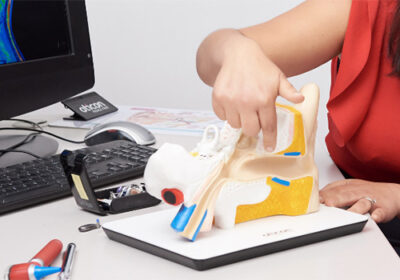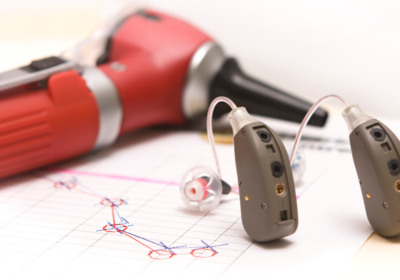
Denial to hearing loss is very common. Most people who have hearing issues believe that their hearing is “not bad” or at least better than their peers. They would never even consider making an appointment for a hearing assessment, let alone trying a hearing device! As caring family members we often don’t want to tackle this denial, we try to be accommodating or give excuses like “Oh, she’s just ignoring me” or “Dad isn’t responding because he’s a bit distracted” or “Grandma’s getting older, hearing loss is part of the ageing process”. However overtime this can be frustrating for both parties. We might start to exclude Dad or Grandma from family dinners because it’s too hard to have a conversation with them or they won’t respond properly anyway. They might stop attending sporting clubs or other social meetings because they have lost confidence to interact with friends. Of course we don’t want our loved ones to experience relationship breakdowns and become isolated, so how do we help one who is in denial about their hearing problems?
Get the dialogue started about their hearing in a non-confrontational way by asking questions like…
“Have you been in any situations where it’s difficult to hear?”
“Do you ever find that people mumble?”
“Do you ever feel exhausted when you’re in a group setting?”
“Have you considered that Dad/Mum (their spouse) might be unhappy that you’re missing out on things?”
This could be enough to prompt them into at least consulting an audiologist for a hearing test.
Now what about those family members who know they have a hearing loss but don’t want take action with a hearing device?
Use the info graph below to convince your loved one of how the benefits of action outweigh doing nothing (no treatment).
Many people avoid getting a hearing device because it “makes them look old” or seems like it would be very obvious. If this is the case, point out that often the stereotype of an older person is someone who mishears things, constantly asks for repeats or accuses everyone of mumbling, and that using a hearing aid could eliminate this. It is more obvious to everyone when you have a hearing loss and miss conversation than wearing a hearing aid.
Point out the positives of finding a solution to your loved one’s hearing problems and the personal costs of doing nothing in a supporting and caring way. This will help to steer your resistant family member towards taking the next step to improving their hearing health and enjoyment in life.



